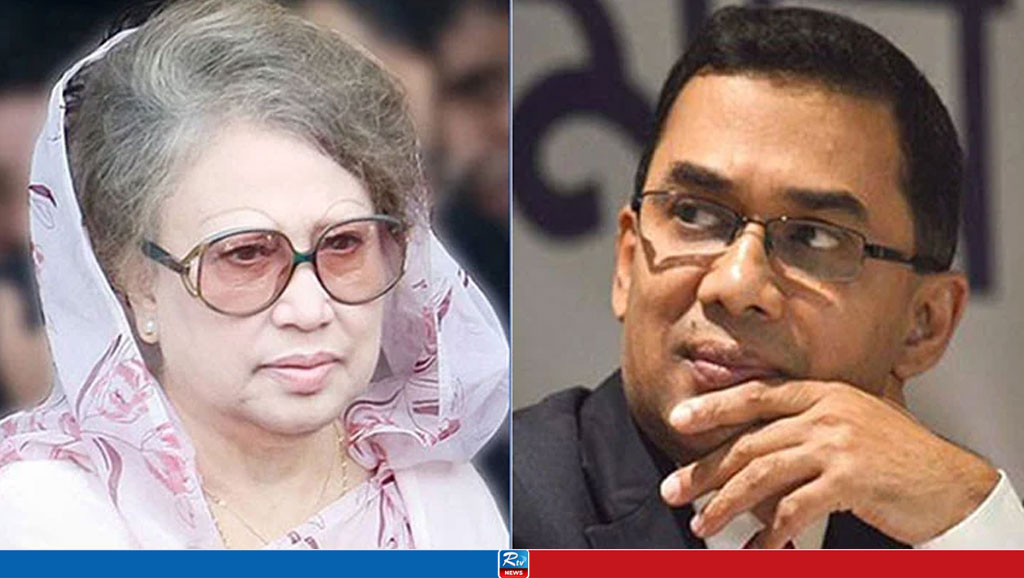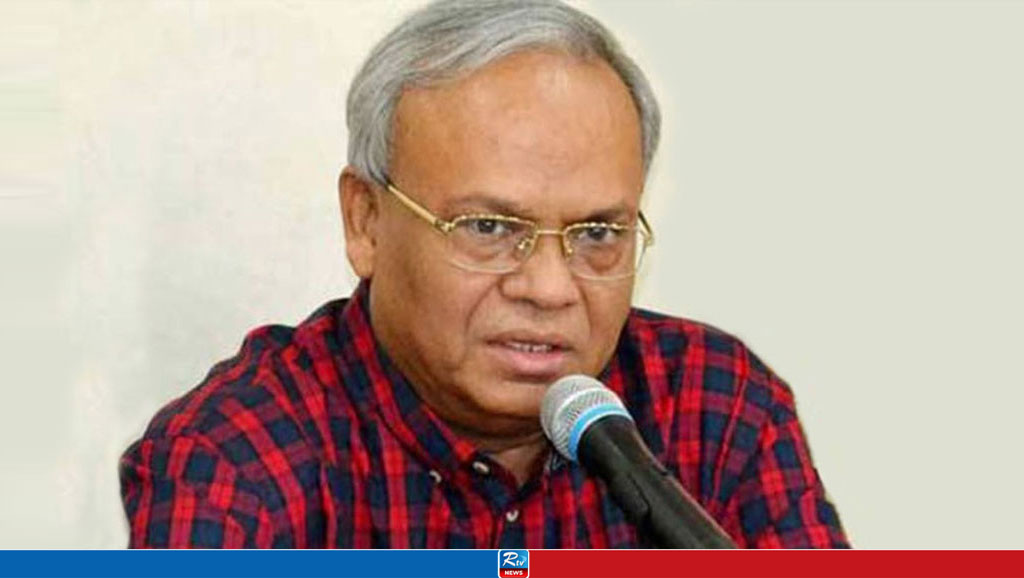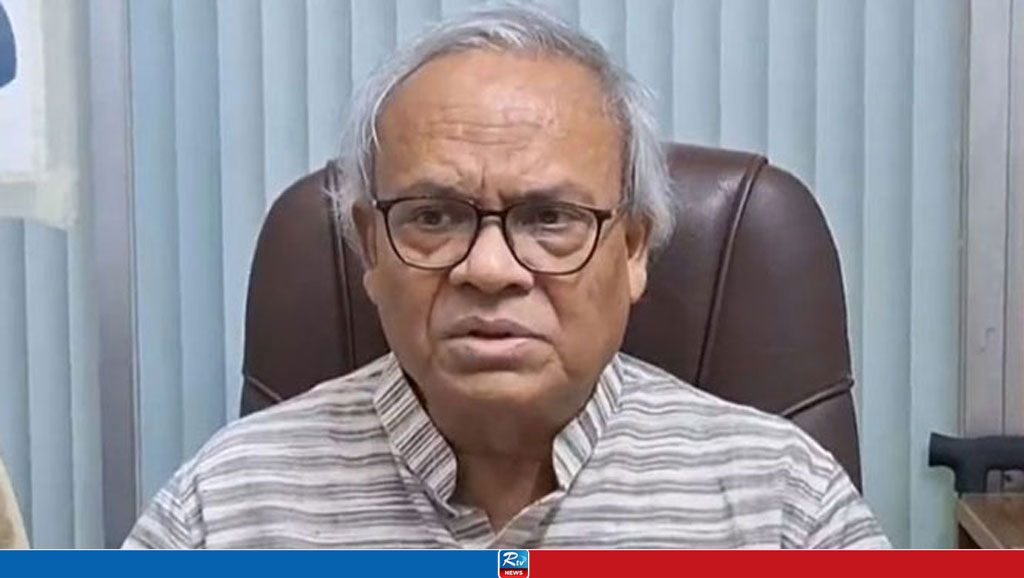Bangabandhu Sheikh Mujibur Rahman: Trailblazer of the Language Movement

The 1952 Language Movement was by any definition a mass movement, and Bangabandhu Sheikh Mujibur Rahman acted as the torchbearer of the movement. Sheikh Mujibur Rahman was among the limited number of student leaders who had a significant impact on transforming the movement into a widespread movement, with the goal of making it inclusive and establishing Bangla as one of the official languages of Pakistan at that time. The language movement is a significant event in the history of the Bengali people. It can be said that the seeds of independence were hidden in the language movement.
The Tamuddin Majlis, established on September 1, 1947, played a significant role in the language movement. Student leader Sheikh Mujib participated in the activities of Tamuddin Majlis. When the Rashtrabhasha Sangram Parishad was established in 1947, Bangabandhu undertook several actions to get connected with this council. He gathered signatures to designate Bangla as the official language of the state. The East Pakistan Muslim Student League was founded on January 4, 1948. The primary instigator of this was Sheikh Mujibur Rahman. The leaders and members of the East Pakistan Muslim Chhatra League, led by Bangabandhu, played a crucial role in the Language Movement.
Bangabandhu and some of his fellows were detained during a protest during the strike organized by Sangram Parishad on March 11, 1948, to oppose the plot against Bangla. Amidst a powerful student protest, they were released on March 15. After being released, Sangram Parishad organized a public gathering. Bangabandhu led the rally, which was assaulted by the police. In response to the incident, Bangabandhu promptly declared a nationwide student strike on March 17th.
Actually, the movement to make Bangla one of the state languages of Pakistan gained momentum on March 21, 1948. This happened when Mr. Mohammad Ali Jinnah, the founder of Pakistan, made a declaration at a public meeting held at the Race Course Maidan, now known as Suhrawardy Uddan. He stated that Urdu and only Urdu would be the state language of Pakistan. This statement by Mr. Jinnah was met with opposition, and a few students from Dhaka University immediately responded with a firm "NO".
Protesting the government's backward action regarding this reasonable and fair request of the people of East Pakistan, a walkout took place on February 26, 1948, and the students of Dhaka University and other educational institutions marched through the main streets of Dhaka city.
Following the successful strike, an afternoon gathering took place, which was then followed by a large march. Prof. Abul Kashem chaired the gathering, while Sheikh Mujibur Rahman led the large rally. Student representatives and certain educators from Dhaka University spoke at the gathering, emphasizing their strong commitment to persist in their comprehensive endeavors to ensure the success of the campaign.
The members of several socio-cultural-political groups who later participated in the Language Movement attended a conference in Fazlul Hauq Hall. Sheikh Mujibur Rahman, Shamsul Huq, Oli Ahad, Mohammad Toha, Abul Kashem, Ranesh Das Gupta, and Ajit Guha were notable student leaders who participated in the gathering. The gathering resolved to intensify efforts against the government's activities that undermine language, leading to the formation of an All-Party Action Committee to bolster the cause. Sheikh Mujibur Rahman played a major role in expanding the movement into a popular movement to enhance its effectiveness, inclusiveness, and success. Later, student leaders were arrested.
The apprehensions of the student leaders further escalated the uprising. Several protest gatherings took place at Dhaka University and various educational institutes. All the speakers at these protest meetings expressed their strong commitment to continuing the movement, even if the student leaders who were detained were not there. This sends a clear message to the government that the detention of the student leaders will not weaken the movement in any way.
Consequently, the government had to set free all the student leaders. A large gathering of the student organization took place on March 16, 1948, with Sheikh Mujibur Rahman in the chair. The meeting made several decisive choices to compel the administration to embrace their demand promptly. The meeting took a number of bold decisions to force the government to accept their demand without further delay. According to the diary of Tajuddin Ahmed, one of the active participants of the Language Movement who later became Prime Minister of the Mujibnagar government, “After the meeting, a student procession went to Khawaja Nazimuddin with a representation containing their demands, and the procession was led by Sheikh Mujibur Rahman." According to some sources, the student leaders were able to convince Khawaja Nazimuddin to accept their demand, and he agreed to send a recommendation to the central government in favor of the demand of the students. But the central government instantly turned down the recommendation of Khawaja Nazimuddin. On January 26, 1952, Khawaja Nazimuddin once again announced that Urdu would be the official language of Pakistan. While in jail, Bangabandhu requested Sangram Parishad designate February 21st as a day to demand the release of political prisoners and recognize Bangla as the official language. He initiated a period of fasting on February 14, 1952. Mujib tirelessly fought from the beginning to mobilize the young people, creating the Language Movement as a widespread uprising.
Article credit:
Md. Jony Miah
Lecturer
Department of English
Noakhali Science & Technology University
Comments
New Textbooks for Sixth and Seventh Graders to Arrive in January
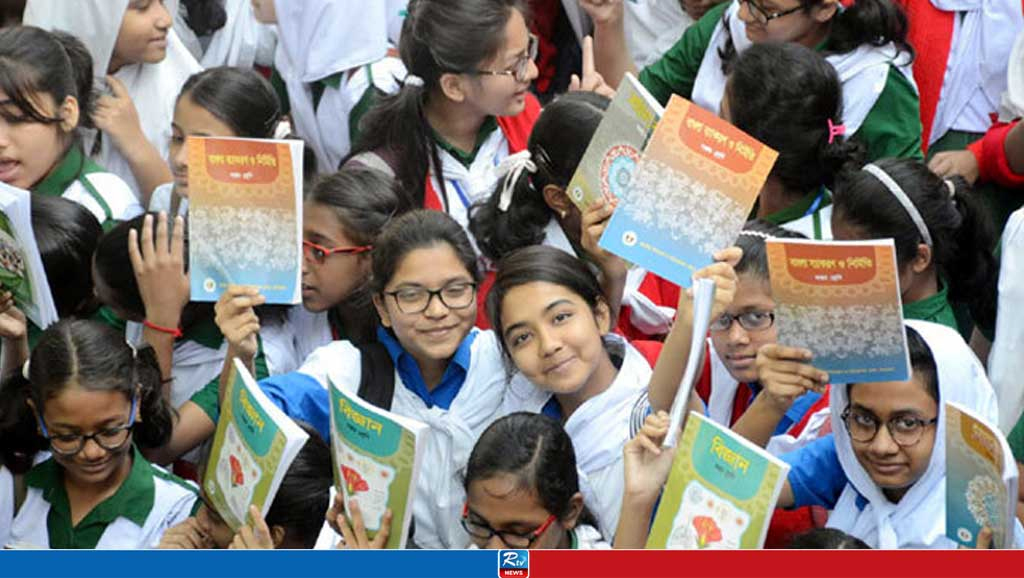
New Textbooks for Sixth and Seventh Graders to Arrive in January
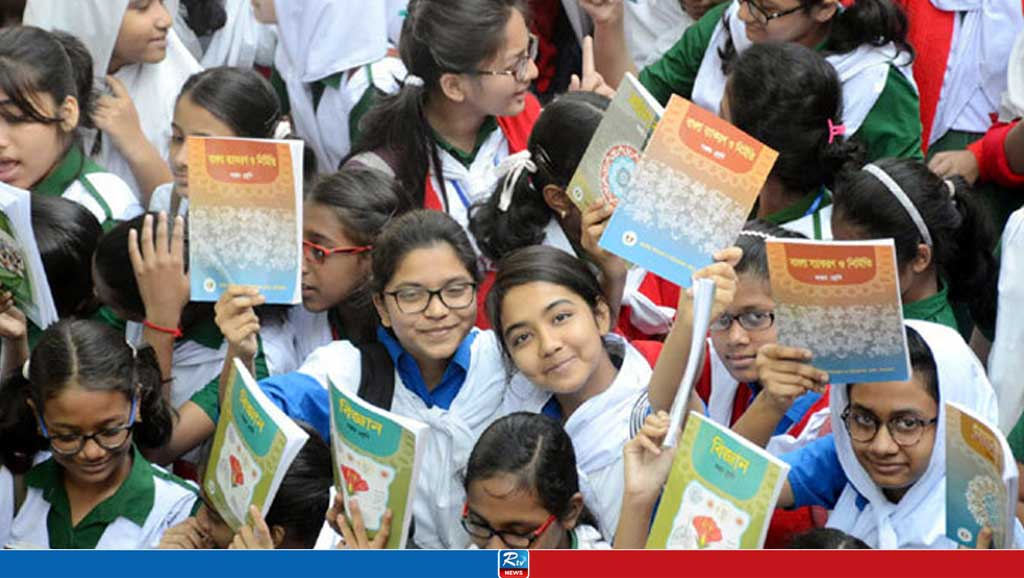
SSC Form Fill-up to Begin on December 1
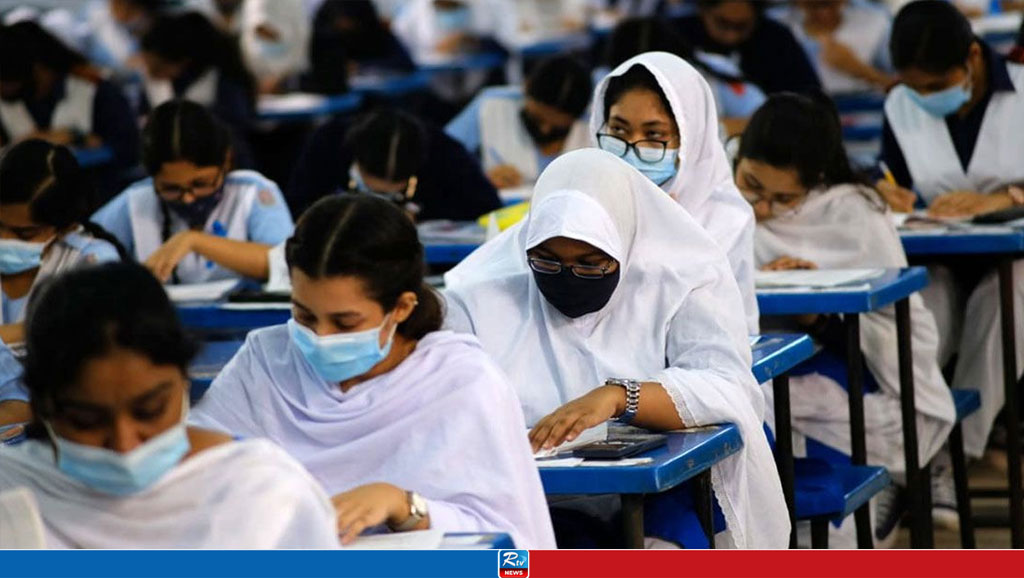

 Live Tv
Live Tv

